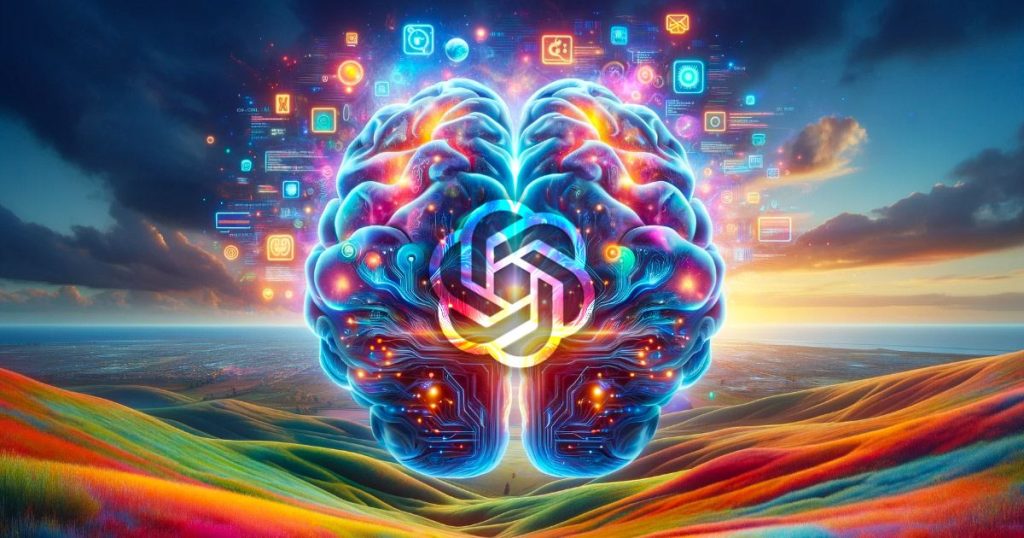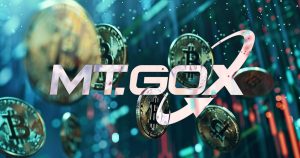OpenAI’s GPT Store Launch: A New Era for AI Creators Amid Copyright Licensing Talks

Summary:
OpenAI, a leader in artificial intelligence, is set to launch the GPT Store, an innovative platform for AI creators. This move comes at a time when the company is engaged in critical copyright licensing discussions with various publishers.
The GPT Store: A Revolutionary Platform
What Is the GPT Store?
The GPT Store is a proposed marketplace designed by OpenAI, aimed at providing AI creators with tools and resources powered by the latest in GPT (Generative Pre-trained Transformer) technology.
The Vision Behind the Store
The idea is to create a hub where developers, businesses, and enthusiasts can access state-of-the-art AI models and tools, fostering an environment of innovation and collaboration.
The Copyright Licensing Context
The Challenge of AI and Copyright
As AI technology evolves, it intersects increasingly with copyright laws, posing challenges and opportunities for creators and publishers alike.
OpenAI’s Initiative
OpenAI’s ongoing talks with publishers indicate a proactive approach to navigating the complex landscape of AI-generated content and intellectual property rights.
Exploring the GPT Store’s Potential
For Creators and Developers
A Boon for Innovation
The GPT Store promises to be a game-changer for AI creators, offering unprecedented access to advanced tools and technologies.
Bridging Gaps in AI Development
This platform could significantly lower barriers to entry in AI development, democratizing access to cutting-edge technology.
For Businesses and Consumers
Enhancing Business Operations
Businesses stand to benefit from the GPT Store through improved efficiencies, innovative solutions, and enhanced decision-making processes.
Consumer Impact
For consumers, this could translate into more sophisticated and personalized AI-driven services and products.
Copyright Licensing Talks: A Critical Aspect
Balancing Creativity and Rights
The Need for Fair Use and Protection
OpenAI’s discussions with publishers are crucial in establishing a balance between the creative possibilities of AI and the protection of intellectual property.
The Future of AI-Generated Content
Setting Precedents
The outcomes of these talks could set important precedents for how AI-generated content is treated under copyright law.
The Future of AI in the Marketplace
The Role of the GPT Store
A Catalyst for Change
The GPT Store has the potential to be a catalyst for change in the AI industry, driving innovation and opening up new possibilities.
Challenges and Opportunities
Navigating a New Terrain
While the GPT Store offers immense opportunities, it also comes with challenges, particularly in ensuring ethical and responsible use of AI.
OpenAI’s launch of the GPT Store marks a significant step forward in the world of AI. It promises to empower creators and businesses while navigating the complex interplay of AI and copyright laws. As we look towards a future where AI is increasingly integrated into our lives, platforms like the GPT Store will play a pivotal role in shaping this integration in a responsible and innovative manner.
FAQs
- What is the GPT Store? The GPT Store is a platform proposed by OpenAI, offering AI creators access to tools and resources based on GPT technology.
- How will the GPT Store impact AI creators? It will provide creators with unprecedented access to advanced AI tools and technologies, fostering innovation.
- What are the implications of OpenAI’s copyright licensing talks? These talks are significant in balancing the creative possibilities of AI with the protection of intellectual property rights.
- Who can benefit from the GPT Store? AI creators, developers, businesses, and consumers can all benefit from the innovative tools and technologies offered by the GPT Store.
- What challenges does the GPT Store face? The GPT Store faces challenges in ensuring ethical and responsible use of AI, along with navigating copyright issues.





